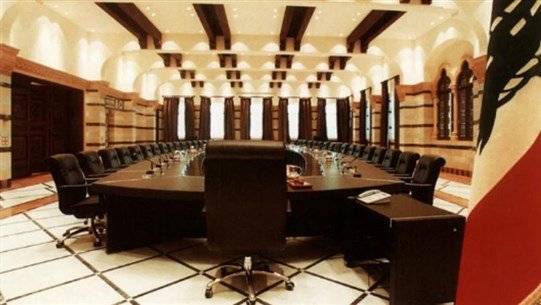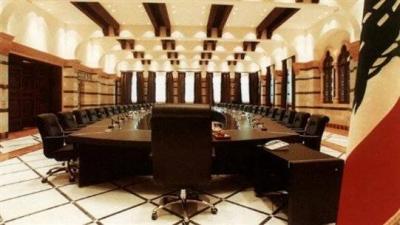President Michel Aoun, as the head of state, has no choice but to initiate calls for binding parliamentary consultations to appoint a new prime minister tasked with forming a government, in accordance with the constitution, political customs, and established political practices. Regardless of the considerations surrounding the elections for parliamentary committees and the resulting political realignment, and aside from the role of American mediator Amos Hochstein in calming escalating hostilities between Lebanon and Israel over the contested Karish field, the current call for consultations is shrouded in political circumstances that significantly influence the future of the Free Patriotic Movement (FPM) and its political decision-making partnership.
This situation arose after the political hegemony of the Hariri movement was undermined, leading to a long stretch of either minimal representation or an extensive vacuum in the premiership, creating an ineffective or weightless partner in cabinet decisions. Between the end of this month and the end of October, there is a four-month transition period between the end of one phase and the beginning of another. This period raises questions about the leadership of the FPM, particularly regarding whether its founding leader Aoun will remain in Baabda or move to Rabieh.
One of the pivotal considerations for this call for binding consultations is who will occupy the position of prime minister in the Great Serail or temporarily assume the powers of the presidency. Deputy Gebran Bassil, currently holding a parliamentary position and serving as the second leader of the FPM, is aware he faces considerable challenges regarding the role his movement can play after October 31. He must consider the specific arrangements made regarding "the Strong Lebanon Bloc" and its position in the Deputy Speaker role, the Parliament office, the Finance and Budget Committee, and other committees.
Nevertheless, for Bassil, partnership in executive power is crucial as he seeks to gain advantages in the ongoing confrontation, while meticulously gauging how much leeway Speaker Nabih Berri, who has distanced himself from any commitments to Bassil's bloc, will allow him. Bassil aims to make adjustments to the customary power of the president and their powers in terms of decrees or returning laws to the parliament, as well as convening the Supreme Defense Council whenever necessary for decisions or measures concerning the executive authority or government. He seeks to capitalize on opportunities before heading to consult with deputies to propose a name for the future prime minister.
Bassil is aware that caretaker Prime Minister Najib Mikati's chances of remaining at the helm, whether by continuity or a renewed mandate, are still in the spotlight. Mikati, having voluntarily exited the parliament, leans on his network of international, Arab, and regional relationships, which sustain his position in the governmental and political landscape. Furthermore, remnants of both old and new parliamentary blocs still cling to Mikati and aim for partnership with him, perhaps even beyond October 31.
Mikati, through experience, information, or political intuition, knows that presidential elections are likely to be postponed, and since the potential for a void is detrimental to Lebanon's stability, it is evidently prohibited. Even though his caretaker government, albeit limited to an executive role, is capable of filling the presidential void and exercising authority within a narrow scope, some, like former Interior Minister Ziad Baroud, view it differently.
Mikati has reiterated this perspective multiple times, the latest from Jordan. As the final moments preceding the call for the "binding election" of the Prime Minister approach, the relationship between Mikati and Bassil is far from cordial. Meanwhile, the Shiite duo or "the national" alliance, regardless of its overlap between Shiite and national, tends to support the caretaker Prime Minister's continued role in the Great Serail, under the premise that "it's better to stick with what you know than with what you don't."
Beyond intentions, expectations, and available capabilities, the battle for the premiership is one of the major political contests facing both old and new parliamentary blocs. It not only represents a struggle for the next term but also serves as a vital balance of power in the face of changing parliamentary dynamics. Furthermore, it signifies a national existential battle between falling into collapse or curbing it, amidst regional dilemmas marked by occasional escalations against the Iranian imperial axis and, at times, retreats into Vienna negotiations. Ultimately, the internal situation tied to upcoming tourism growth is shadowed by darker timelines, not least of which are the repercussions of the Russian-Ukrainian war.




